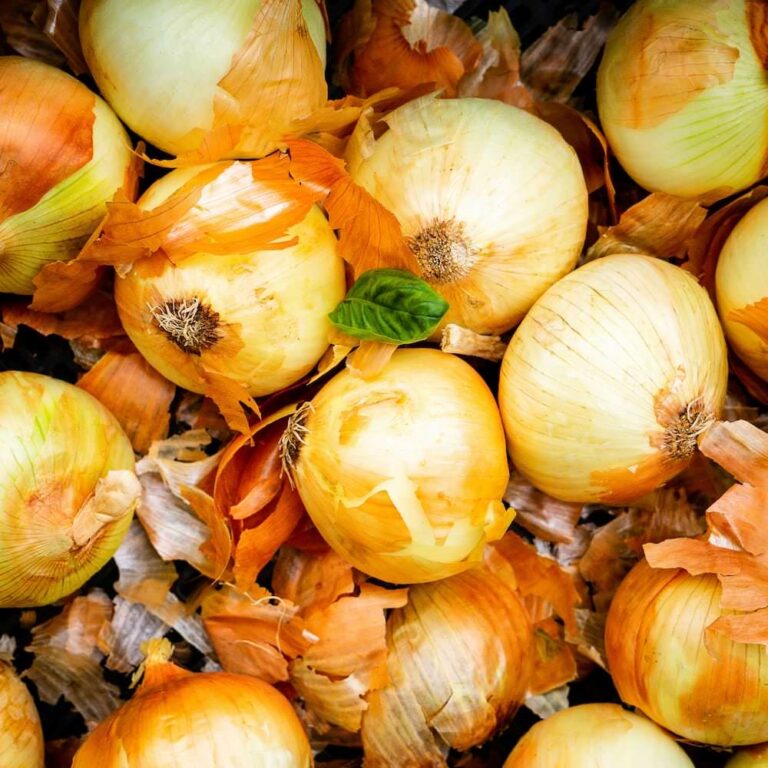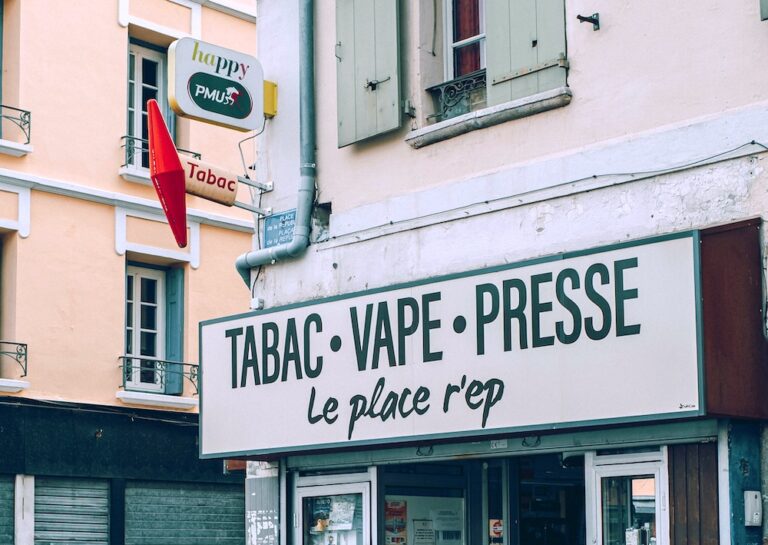I can’t believe it
The English phrase “I can’t believe it” can be expressed in French in several ways depending on the context. Some translations are direct, while others are idiomatic. Je n’arrive pas à y croire This is one of the most common translations. It conveys the idea of struggling to accept or grasp something. Examples: Je ne…









